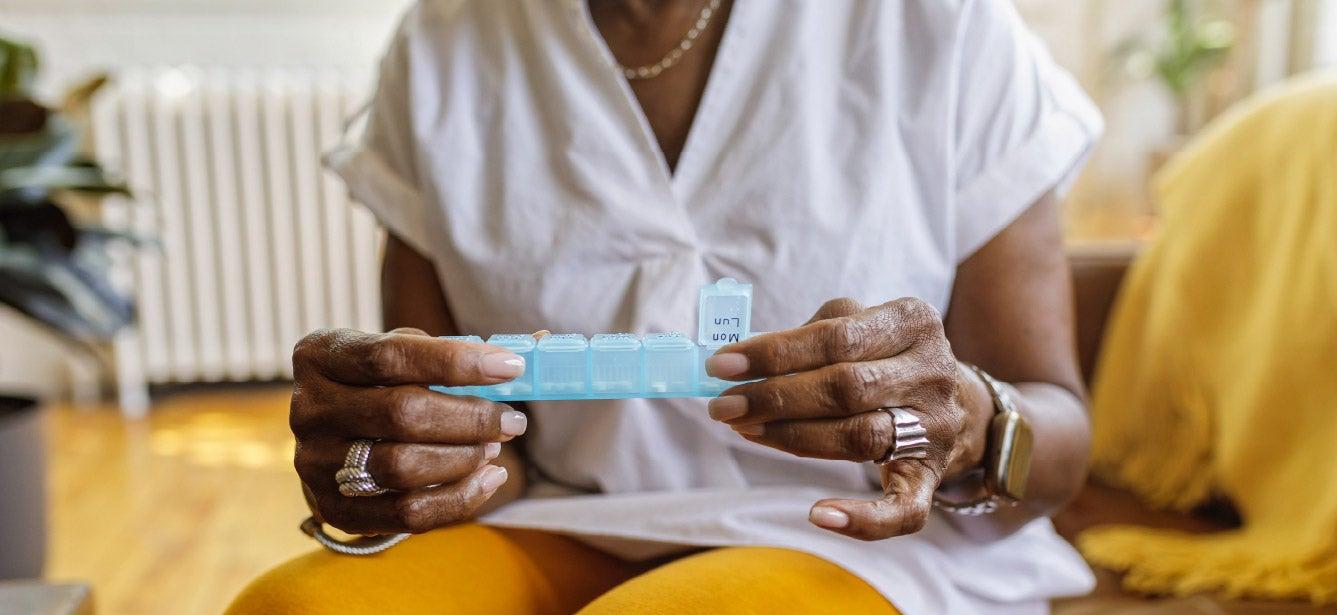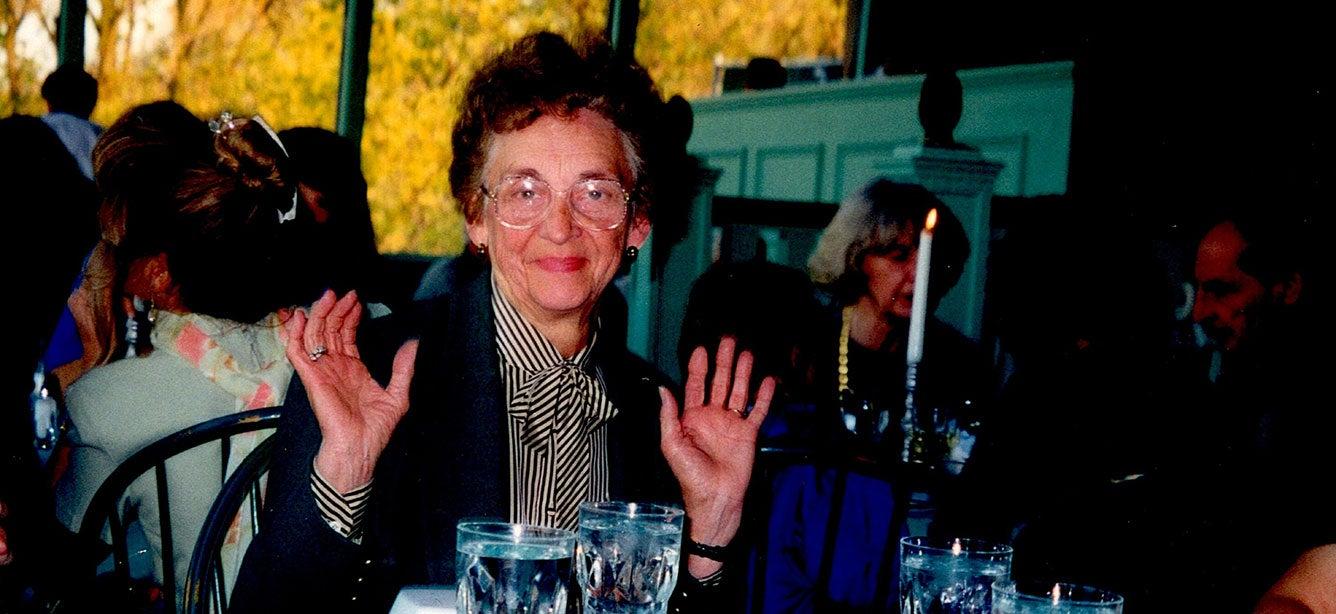
Related Topics
This cautionary tale details the last six weeks of Alice Brennan’s life and is offered in an attempt to spare others the pain and anguish of medication harm; a deadly pill to swallow.
A smile, a laugh, a joke, or a jaunty dance step are what her cadre of friends and family remember about the feisty, 88-year-old Alice. Her tragic and preventable death from medication error still haunts those who loved her.
Be careful what you ask for
On July 3, a sunny start to the Fourth of July weekend, Alice woke with a nagging ache and stiffness in her neck and shoulders. She had been looking forward to a full weekend of picnics, and this pain was definitely going to throw a monkey wrench in her festive plans. A quick call to her primary care physician’s office let her know that the office was closed for the holiday, so she dressed and drove to the nearby hospital emergency department. As she was examined by an emergency medicine physician, she asked to be given something to deal with the pain.
Alice’s simple request put her on a swift and fatal collision course with dangerous medications for older patients.
Alice left the emergency department with a prescription for the muscle relaxant, Flexeril. After getting it filled at her neighborhood pharmacy, she went home, took a hot shower, and started to feel better. The ache was bearable, and since she didn’t think she needed the Flexeril, she put it in her medicine cabinet and went on with her weekend plans.
Four days later, Alice had an appointment with her neurologist. A few years earlier, she had experienced a transient ischemic attack, or mini-stroke, and dutifully followed up annually for a neurology well check. Accompanied by her daughter, she brought her current medication list with her, which contained medication for hypertension, a blood thinner, and eye drops. The only new medication on the list was the newly prescribed muscle relaxant.
When the neurologist checked the list, he was alarmed to see that Flexeril had been added. "Dear God, who would prescribe Flexeril to an 88-year-old woman?” were his exact words. He then proceeded to explain that as we age, our bodies absorb medication differently and do not break down medications in the same way they did when we were younger. Some medications may require lower dosages and some, like Flexeril, can be very dangerous and should be avoided. He advised Alice to never take the drug and properly dispose of it when she returned home. Alice followed his advice and never took even one pill.
Alice's dramatic decline from receiving the wrong medication
A week later, Alice experienced some swelling and stiffness in her right knee. Frustrated by this new physical infirmity, Alice and her daughter went to her primary care physician, where she was told that she was most likely experiencing symptoms of gout. She was referred to an orthopedic specialist who admitted her to the community hospital where a series of tests were performed. The diagnosis was indeed gout.
She was placed under the care of a hospitalist and remained in the hospital for five days. Upon the recommendation of the hospitalist, Alice was transferred to a rehabilitation facility for physical therapy. Approaching the physical therapy regimen with her typical gusto, Alice delighted in socializing with her fellow patients, enjoyed going table to table in the dining room during meals, and anxiously awaited returning home to enjoy the remainder of summer sitting on her porch with friends and family.
Ten days after admission to the rehabilitation facility, her daughter found Alice, the once vibrant jokester, sitting hunched over in a wheelchair near the nurse’s station. Nauseated, lethargic, and with a gray pallor, Alice was in the throes of violent hallucinations. When asked if her mother had been given someone else’s medication, the nurse brought out Alice’s chart and there, in terrifying black and white, was the word Flexeril.
How is it possible that Alice was given Flexeril three times a day in both the hospital and rehabilitation facility? The answer is frustratingly common.
Once she was prescribed the drug in the emergency department, the medication, unfortunately, became a permanent part of her electronic medical record. It was erroneously assumed Flexeril was a medication she should be given when hospitalized.
Medication safety could have prevented Alice's tragic death
Tragically, Alice never recovered from the inappropriate prescribing of Flexeril. In addition to the terrifying hallucinations, she developed adverse reactions that included urinary tract infections, unsteady gait, and depressed appetite that resulted in dehydration and malnutrition. Her fragile state left her subject to the ravages of multiple healthcare-acquired infections, including MRSA, C-difficile, and Vancomycin-Resistant Enterococcus.
Six weeks after seeking treatment for gout, Alice Brennan suffered a painful, agonizing, and preventable death caused by a medication error.
What you can do: How medication safety can protect you and your loved ones
Alice’s lasting legacy will be the steps you take to protect yourself and those you love. Medication safety begins with you.
- Understand what medications you are taking, including any possible side effects.
- Ask questions to ensure the medication prescribed is safe for you.
- Ask if there are non-pharmaceutical alternatives to medication, such as physical therapy.
- Bring any medication side effects to the immediate attention of your physician or pharmacist.
- Bring your current medication list with you to the hospital, and if hospitalized, always check the medications you are given before taking them.
Be careful what you ask for. Less is more when taking medication.
For more about The Alice Story, please visit Team Alice, a project of The Center For Successful Aging at the University at Buffalo, at www.teamalice.org.



